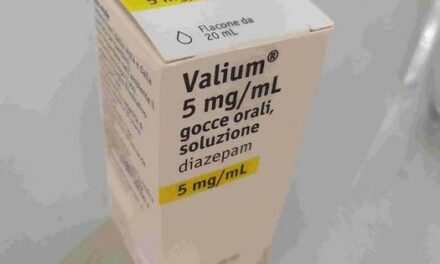A clinical study suggests that the Gen-2 tACS device may have the potential to reduce chronic insomnia and consistently improve sleep quality and efficiency in adults.
Nexalin Technology Inc’s Gen-2 tACS (transcranial alternating current stimulation) device significantly reduces insomnia severity and improves sleep quality and efficiency, particularly in adults over 50, according to a new study published in the Journal of Psychiatric Research.
A clinical study conducted at Xuanwu Hospital of Capital Medical University in Beijing and Beijing Anding Hospital evaluated the treatment response of 120 adult participants who were divided into two prespecified age subgroups.
Key data reported from the study suggests that tACS ameliorates chronic insomnia and that age can impact the extent of the resulting improvement from tACS treatment. Older participants (ages 50 and over) experienced comparatively more significant benefits from tACS, in terms of enhanced sleep quality, efficiency, and overall insomnia reduction, relative to younger participants. This is attributed to the natural changes in sleep physiology that occur with aging and the distinct manifestations of insomnia symptoms in older individuals.
The randomized, double-blind, placebo-controlled, parallel-group, multicenter study was conducted over a two-month period (comprised of four active weeks, immediately followed by four follow-up weeks) on patients in two prespecified age subgroups, ranging from 22 to 65 years old.
This achievement was assessed across all key metrics including the Pittsburgh Sleep Quality Index, sleep onset latency, total sleep time, sleep efficiency, sleep quality, Hamilton Anxiety Rating Scale, Hamilton Depression Rating Scale, Clinical Global Impression Scale severity of illness, Clinical Global Impression Scale global improvement, and Clinical Global Impression Scale efficacy index.
Mark White, CEO of Nexalin Technology, says in a release, “The results of this latest study reinforce the growing body of clinical evidence supporting the significant impact of our neurostimulation device on improving mental healthcare outcomes among patients across a wide array of indications. Once again, no significant adverse effects were reported, which is especially noteworthy given the growing number of patients seeking more effective non-pharmacological treatment options.”
Photo caption: Gen-2 tACS
Photo credit: Nexalin Technology Inc



